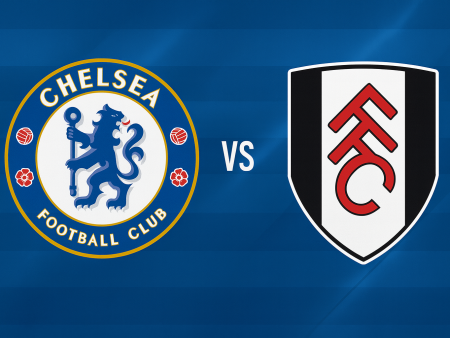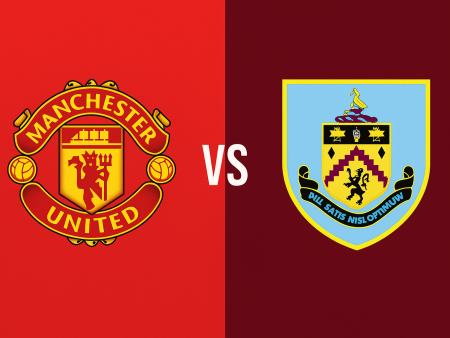Newcastle United’s Potential Revolution Under Paulo Fonseca: What Supporters Can Expect
A seismic shift occurred at Newcastle United with the recent completion of a high-profile takeover, promising vast new resources and long-awaited hope for fans. As part of this transformation, manager Steve Bruce’s departure came as little surprise. Amid speculation about new managerial appointments, the club’s new owners have reportedly shown keen interest in Paulo Fonseca - a manager highly regarded for his tactical versatility and attacking philosophy. This article explores what Fonseca could bring to St. James’ Park and how his approach aligns with what Newcastle United have been missing in recent years.
Flexible Tactics: A Foundation for Change
During his tenure at AS Roma, Paulo Fonseca demonstrated a rare adaptability in his tactical setups, most notably using both a 4-2-3-1 and a 3-4-2-1 formation. Such flexibility could prove invaluable for Newcastle, who have typically relied on rigid systems under previous management. Fonseca could revitalize Bruce’s conservative 5-4-1, morphing it into a modern, attack-oriented 3-4-2-1 while maintaining defensive balance. Alternatively, he could evolve the team’s flat 4-1-4-1 shape into an energetic 4-2-3-1, focusing on maximizing creative talent in advanced midfield roles.
It’s important to note that Fonseca’s formations are not simply copy-and-paste exercises; he tailors his setup depending on the opponent and available squad. At Roma, the transition between 4-2-3-1 and 3-4-2-1 was fluid in both theory and practice, often appearing nearly identical on the pitch. For example, a central midfielder might drop between the centre-backs to aid in buildup play, forming a diamond with the goalkeeper and facilitating play from the back. At Newcastle, this could empower a player like Jonjo Shelvey to enhance possession and control, providing the stepping stone for more balanced, ball-playing football.
Newcastle United, still built around counter-attacking principles, could benefit from Fonseca’s philosophy: blending structured buildup with explosive transitions. The outcome would be a team more comfortable in possession, capable of switching systems without disrupting overall style. For the Magpies’ supporters, this transformation signals the prospect of more adventurous, attacking football at St. James’ Park.
Fonseca’s Playing Style: Functionality Meets Creativity
Fonseca is renowned for a style grounded in ‘functional football.’ While not as meticulously orchestrated as some, his teams are well-drilled and adaptable, capable of precise changes without sacrificing identity. In his two seasons at Roma, Fonseca led the team to a Europa League semi-final - a testament to his tactical acumen and squad optimization.
His approach emphasizes:
- Carefully structured buildup play.
- Dynamic wing-backs, providing attacking width.
- Inverted wingers, allowing inside runs and creative combinations.
- Central midfielders encouraged to join attacks and score goals.
Such strategies could unlock current Newcastle talents. Allan Saint-Maximin, with his dribbling and directness, would thrive closer to goal as an inverted winger, while Miguel Almiron could exploit his hybrid skillset in Fonseca’s fluid systems. Moreover, Fonseca is adept at reshaping player roles to extract maximum value - as he did with Bryan Cristante at Roma, repositioning him as a sweeper to capitalize on his passing range, and moving Lorenzo Pellegrini into attacking and wide roles to boost goal involvement.
For Newcastle, finding new roles for overlooked or underperforming players - such as revitalizing Joelinton’s impact - could be one of Fonseca’s most tangible short-term successes.
An Emphasis on Attacking Football and Entertainment
If Newcastle appoints Fonseca, supporters can expect a major shift toward an entertaining, attack-first brand of football. His tactics hinge on rapid transitions, ambitious ball movement, and creative freedom in the final third. Players like Saint-Maximin, Callum Wilson, and Almiron, already potent on the break, could flourish in a system designed to maximize counter-attacking opportunities.
However, this evolution comes with risks. Fonseca’s final season at Roma exposed defensive vulnerabilities - his side conceded 58 goals, among the highest in Serie A’s top half. Newcastle’s current defensive record already raises alarm, so a wholesale tactical shift without improved personnel could amplify their issues at the back. Thoughtful, targeted signings will be essential in January- especially technically skilled midfielders and defenders who fit Fonseca’s philosophy.
Nevertheless, regardless of transitional bumps, fans can look forward to more goals, faster play, and an overall more engaging matchday experience at St. James’ Park.
The Road Ahead: Prospects and Challenges
Paulo Fonseca stands out as a bold and intriguing candidate to usher in a new era for Newcastle United. While his attacking credentials are clear, the club’s immediate concern must be to shore up defensive frailties and recruit players adept at both ball progression and transition play. If given the time and resources, Fonseca has the tactical flexibility and inventive mind to modernize Newcastle’s play style and ignite fresh excitement among supporters.
Ultimately, success will depend on balancing entertainment with defensive solidity - but one thing is certain: under Fonseca, Newcastle fans can anticipate a team built around functional systems, tactical adaptation, and plenty of excitement on the pitch.













